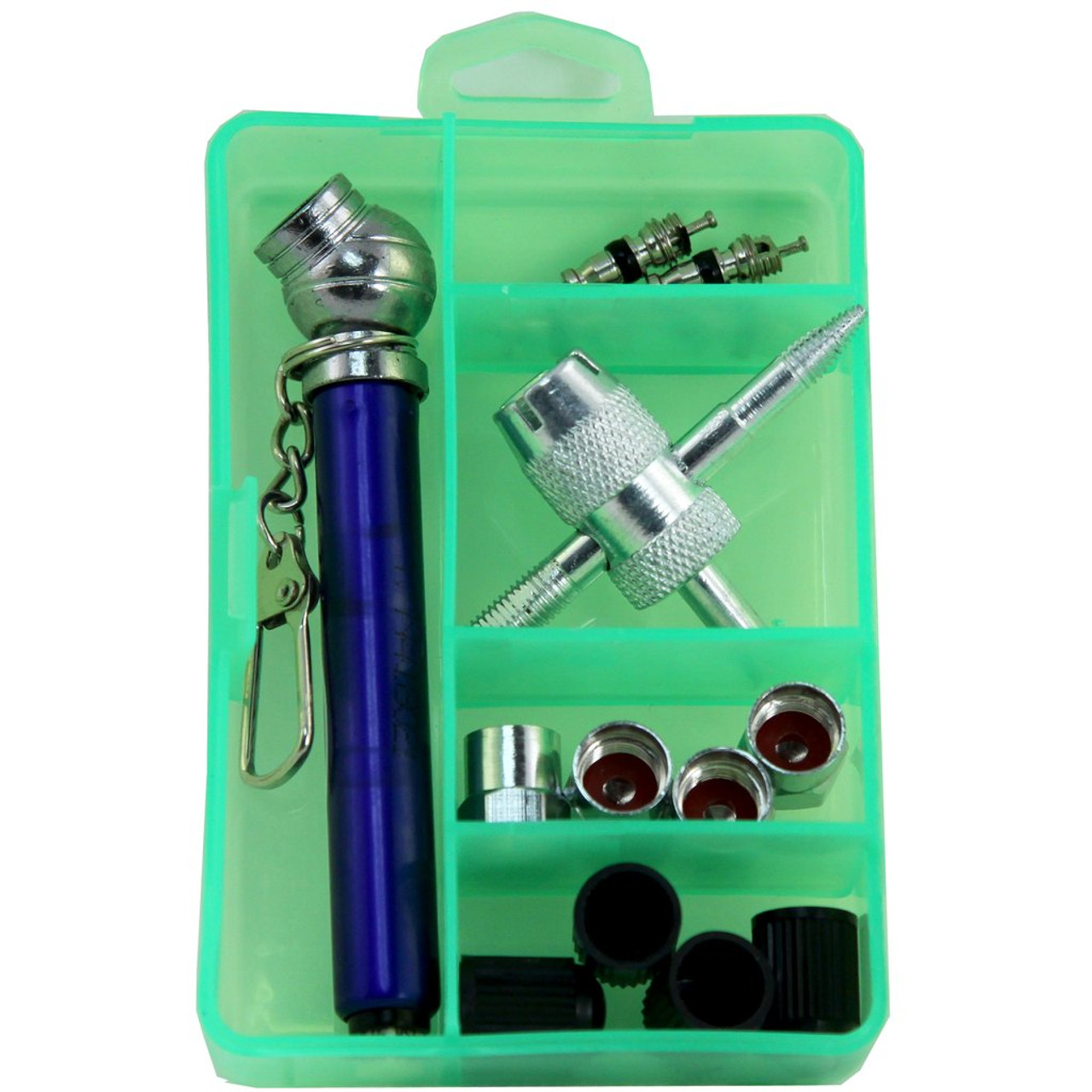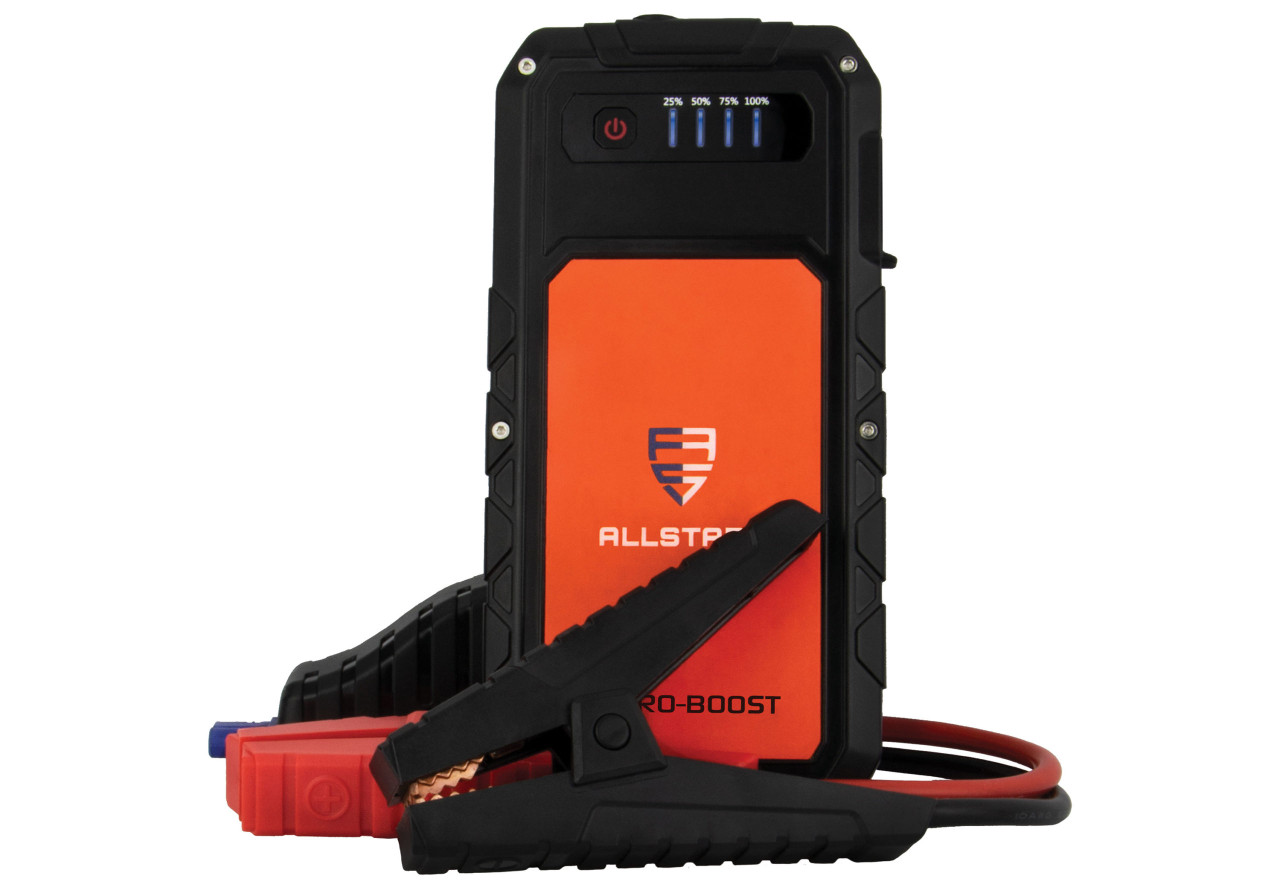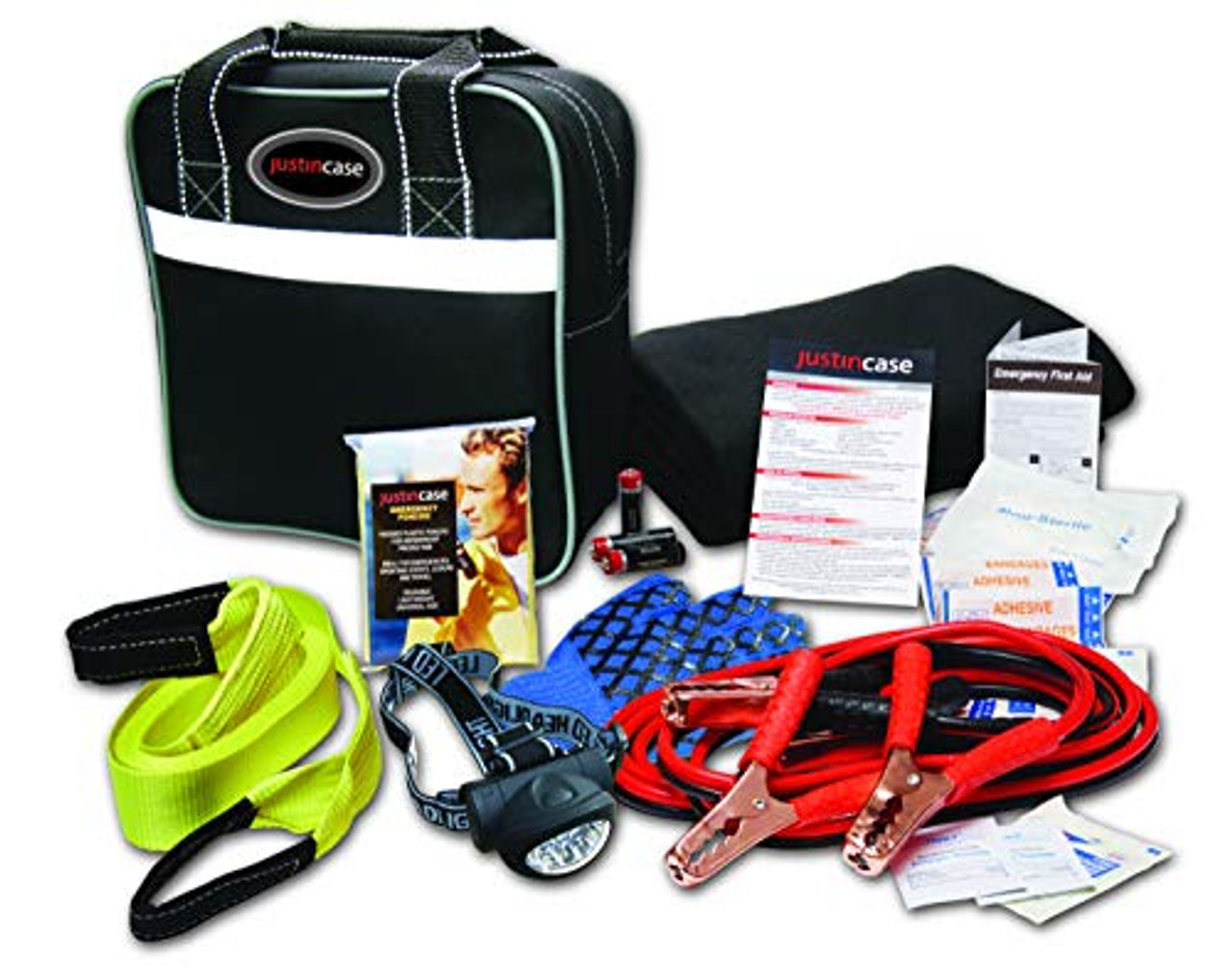5 DIY Tricks To Prep Your Car For Trips
5th Feb 2024
Road trip planning requires more than just packing your bags and setting off. Your car's readiness is crucial to ensure a smooth journey ahead. Simple DIY tricks can significantly enhance your vehicle's performance and safety, turning potential hassles into mere bumps on the road.
Regular maintenance checks often slip our minds amidst the excitement of travel planning. However, a few straightforward steps can prevent unexpected breakdowns, ensuring your car is as ready for adventure as you are. These actions not only safeguard your trip but also extend the lifespan of your vehicle.
Let’s look into 5 DIY tricks to prep your car for trips. We aim to equip you with the knowledge needed to tackle pre-trip car preparation confidently. By the end, you'll be well-informed on how to keep your car in top condition for any journey, ensuring a safer and more enjoyable travel experience.
The 5 DIY Tricks
Preparing your car for a trip doesn't need to be tough. These 5 DIY tricks are straightforward and can make a big difference in your travel experience. They ensure your car is safe, efficient, and ready to handle the journey ahead.
1. Tire Inspection and Pressure Check
Begin by examining your tires for any signs of wear or damage, such as cracks or bulges. Use a tire pressure gauge to ensure each tire, including the spare, is inflated to the vehicle manufacturer's recommended level. Proper tire pressure not only ensures your safety but also reduces the risk of blowouts and improves fuel efficiency. Also, check the tread depth with a penny; if you can see the top of Lincoln’s head, it’s time to replace your tire.
Extra Safety Tip: Store a mini tire repair tackle kit in your vehicle just in case you get a flat tire.
2. Fluid Levels Check and Top-Up
Always check essential fluids: engine oil, coolant, brake fluid, power steering fluid, and windshield washer fluid. Top them up if needed. Use the dipsticks and reservoir indicators for accurate measurements. If any fluids are below the recommended levels, top them up. Keeping these fluids at proper levels ensures your car's systems operate smoothly and prevents overheating and other mechanical issues.
Extra Safety Tip: Get an oil change before you leave for your trip.
3. Battery Health Assessment
A car's battery is more prone to failure with age and use, especially under the strain of long trips. Inspect the battery for corrosion and clean terminals with a brush and baking soda solution if necessary. Use a multimeter to check the battery voltage; it should be around 12.6 volts when the car is off. If it's below 12.4 volts, consider charging or replacing the battery.
Extra Safety Tip: Store a portable mini jump starter in your vehicle just in case your car battery dies.
4. Light Check and Replacement
Ensure all lights are functioning and replace any burned-out bulbs to maintain visibility and safety. Turn on your car and check all lights: headlights, tail lights, brake lights, and turn signals. Replace any burned-out bulbs. It’s also a good idea to clean the light covers with a soft cloth and suitable lights cleaner to ensure maximum visibility, especially for night driving.
Extra Safety Tip: Clean your headlights with 3M Quick Headlight Clear Coat before you go on your trip. This will ensure that your lights shine bright while you are out on the road at night.
5. Emergency Kit
Your vehicle should include a first aid kit, flashlight, jumper cables, a tire pressure gauge, a spare tire, basic tools (like a wrench and screwdrivers), water bottles, and non-perishable snacks. Also, include a fully charged portable battery charger for your phone to ensure you can call for help if needed.
Extra Safety Tip: Always have a safety kit ready to go in your car, whether you are going on a road trip or driving the kids to school. We recommend you carry the Justin Case All in One Safety Kit in your vehicle at all times. Safety is a top priority while driving on the roads.
JB Tools Has The Best Tools For Your Road Trip
Preparing your car before a trip can save you from unexpected troubles on the road. These simple DIY checks and adjustments will help you maintain your vehicle's health and ensure your safety.
Remember, regular maintenance is key to avoiding major repairs down the line. These DIY tricks are part of an ongoing commitment to your vehicle's upkeep. Consistently applying these practices will keep your car running efficiently, safely, and reliably.







